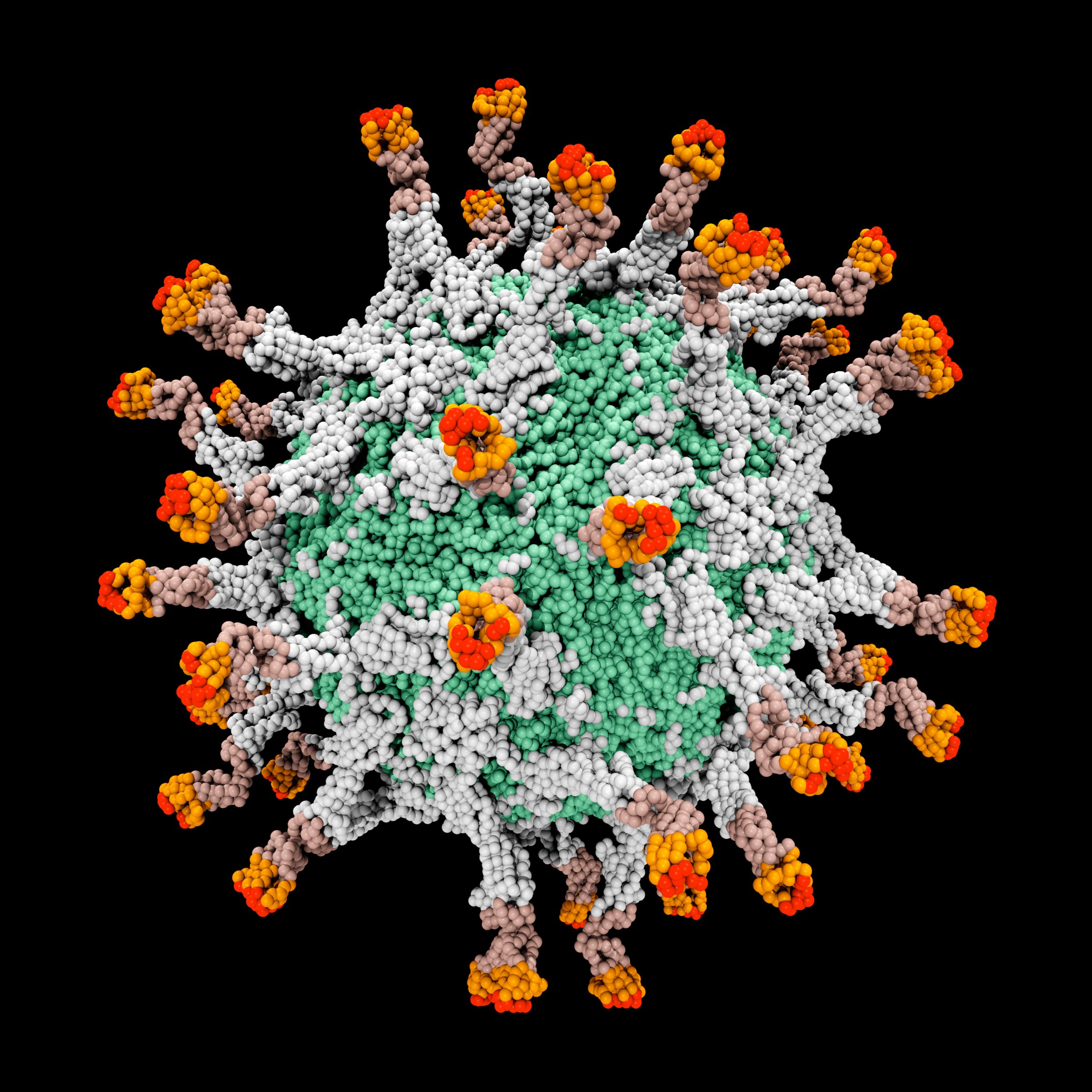
It’s easy not to notice a negative. A house burns down on your block and it’s all you can talk about. But a house doesn’t burn down? Where’s the news?
Still, absence can be the stuff of headlines, and that fact has rarely been truer than it is in Nigeria today—where health officials are celebrating a full year without a single case of polio. A polio-free Nigeria means a polio-free Africa, since it was the only country left of the 47 on the continent where the crippling disease was still endemic. The virus, which as recently as 1988 was endemic in 128 countries, crippling 350,000 children per year, has now been cornered in just two places—Afghanistan and Pakistan, and it’s barely hanging on there. Wipe polio out in those last two redoubts and it will become only the second disease in history—after smallpox—to have been vaccinated out of existence.
“We are celebrating the first time ever that Nigeria has gone without a case of polio, but with caution,” said Dr. Tunji Funsho, who leads Rotary International’s anti-polio campaign in Nigeria. “Surveillance takes place in every nook and cranny of this country, even in those areas that have been free for years.”
The victory in Nigeria did not come easy—and it almost didn’t happen at all. For more than a generation, it has been Rotary that has led the drive to eradicate polio, administering vaccinations to 2.5 billion children in 122 countries at a cost of $1.4 billion. With the help of UNICEF, the World Health Organization (WHO), the U.S. Centers for Disease Control, the Bill and Melinda Gates Foundation and other groups, the effort paid off comparatively fast. As long ago as 2003, the virus had been chased out of all but six countries and the global caseload was down to just 732. There was talk of eradication by as early as 2005.
But Nigeria scuttled those plans. In the summer of 2003, Muslim clerics in the country’s northern regions halted all vaccinations, spreading the fiction that the vaccines contained HIV and were designed to sterilize Muslim girls. Quickly, the poliovirus did what all viruses do when they’re given that kind of running room: it spread, and fast. By 2005, cases consistent with the Nigeria strain were appearing in a 16-nation band that stretched as far away as Indonesia, before the outbreak could finally be contained.
“This is a disease that can’t be controlled,” said WHO spokesman Oliver Rosenbauer at the time, “it has to be eradicated.”
While the current victory in Nigeria was a huge milestone, things remained dicey right to the end—again due to politics—when Boko Haram fighters killed nine polio workers and abducted three others earlier this year. But the vaccine program was already too far along for the attacks to reverse things, and as the July 24 anniversary arrived, victory was at last declared—albeit tentatively.
Nigeria is now officially off the list of endemic countries, but the poliovirus can lurk in sewage and elsewhere, and since there can be up to 200 asymptomatic cases of the disease for every paralytic one, there is no telling how many human virus reservoirs are still at large. Only after two more polio-free years pass will Nigeria be declared officially done with the disease.
That leaves Afghanistan and, most troublingly, Pakistan. Currently, there have been only 33 cases of polio recorded worldwide in 2015—28 in Pakistan and 5 in Afghanistan. At the same point last year, those two countries had already had 107 infections, and the Pakistani strain had turned up in at least six other countries.
Progress has been slowed in Pakistan by often-deadly attacks on polio field workers carried out by local Taliban fighters. Since 2012, however, the government has been providing help, committing its military to protecting the vaccinators and recruiting religious leaders to speak out on the moral imperative of ensuring the health of children.
National pride plays no small role too. India—Pakistan’s mortal rival—has not had a case of polio since 2011 and was declared officially free of the disease last year. That the Indians accomplished this in a country with four times the landmass and seven times the population of Pakistan has been galling to many Pakistanis. The dramatic reduction in new infections in Pakistan from 2014 to 2015 has been a point of national pride.
Protecting children should not, of course, be a matter of international bragging rights. It should just be something human beings do. We’re a species smart enough to have invented a vaccine and brave enough to go delivering it in very dangerous places. The effort to eradicate polio has been a halting thing, and we have too often gotten in our own way. But at last, sometimes despite ourselves, we appear to be on the brink of winning.
More Must-Reads from TIME
- Cybersecurity Experts Are Sounding the Alarm on DOGE
- Meet the 2025 Women of the Year
- The Harsh Truth About Disability Inclusion
- Why Do More Young Adults Have Cancer?
- Colman Domingo Leads With Radical Love
- How to Get Better at Doing Things Alone
- Michelle Zauner Stares Down the Darkness
Write to Jeffrey Kluger at jeffrey.kluger@time.com